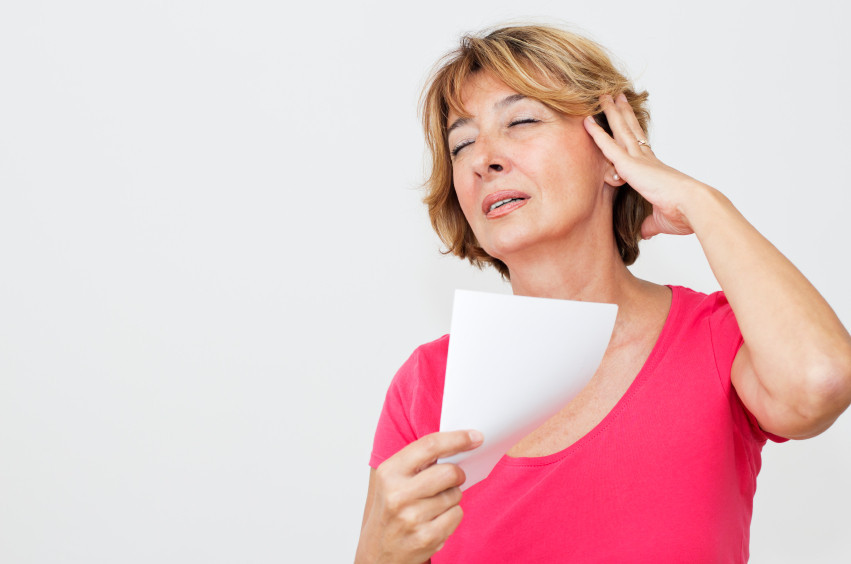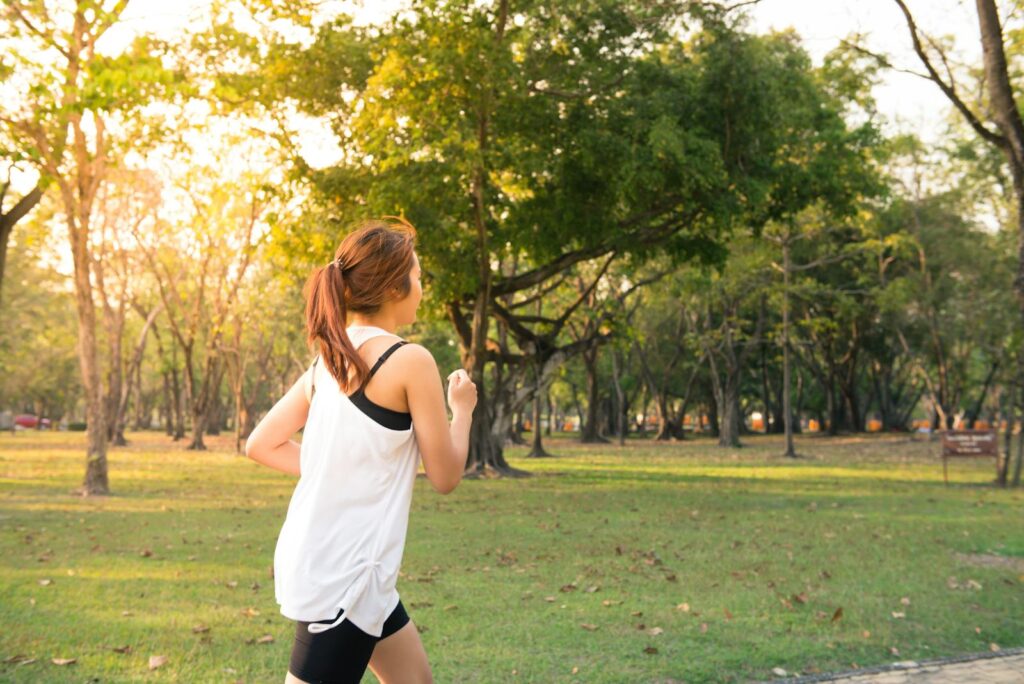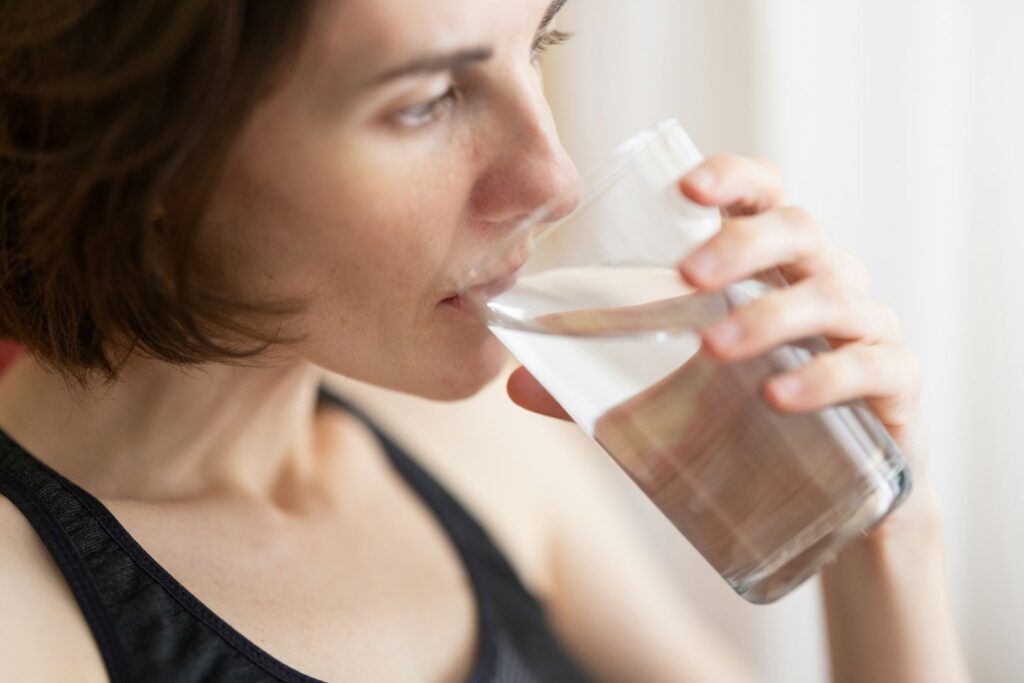
Menopause is a huge change for women. This means that menstruation stops and hormone levels undergo significant changes. This transformation is of great significance. Estrogen and progesterone levels will decrease. These hormonal changes can sometimes feel very strong and affect almost all organs in your body.
You may need a new way of fitness. Entering this stage requires a change in exercise methods. The sport you used to enjoy may not feel right. Your energy level is not always the same. Your body reaction will not be the same as before. The good news is that staying active is very helpful.
Experts unanimously agree that exercise is now beneficial to health. Exercise can alleviate many typical symptoms, enhance heart health and bone strength, and also improve mental health. We consulted a female health expert about this. Their viewpoints help us better understand menopause.
Understand how exercise can give you a helping hand. This guide gathers practical skills from professionals. Develop a sustainable fitness plan. Get ready to navigate through menopause with wisdom! Guide your direction with knowledge.

1. **What Happens to Your Body During Menopause (Hormonal Changes & Symptoms)?** Menopause is the end of a woman’s reproductive age. During this period, there will be significant changes in hormone levels in the body. Estrogen and progesterone levels will decrease. These hormones used to protect you.
Now, there have been many changes in both body and mind. These changes are crucial for strong bones. Muscle mass also depends on them. How emotions and bodies utilize food is related to this. Heart health is also closely related to this.
Fat accumulation is very common, especially near the abdomen. This will be very frustrating. Women may also lose muscles. This will make it more difficult to maintain strength and disrupt metabolism.
The decrease in bone density is worrying. The risk of osteoporosis is increasing. Joint stiffness is not uncommon. The physical fitness level fluctuates. Daily affairs and exercise have become unpredictable.
Besides physiological factors, hormones can also affect emotions. Anxiety is very common. Brain fog is a common problem among women. Experts often mention these concerns. Your body is now dealing with stress in a different way. More rest is needed after exercise.
A senior practicing nurse shared the reasons behind it. The decrease in estrogen and progesterone will prompt the adrenal gland to attempt to relieve stress. They produce stress hormones such as cortisol. This will exacerbate inflammation in the body.

2. **Understanding Hot Flashes: The Estrogen Connection** Hot flashes may be the most common menopausal symptom. It’s like a sudden intense heat wave, with heat rushing all over the body. Frequent sweating and redness of the skin can occur.
Experts say that estrogen levels can cause these situations. Estrogen is a major female hormone. It will decline at this stage of life. Its mechanism of action is related to the brain. The hypothalamus is like the body’s thermostat. A decrease in estrogen levels can make the brain more sensitive.
It reacts strongly to small temperature changes. This sensitivity makes heat waves come quickly. Just like a thermostat suddenly overreacting. An expert talked about brain cells.
Some neurons connect the ovaries and brain regions. When estrogen feedback stops, they will become larger. These cells will release more chemicals. Neurokinin B seems to be closely related to hot flashes. The connection between this hormone and the brain explains these heat waves and why they make you feel so uncomfortable.

3. **The Complex Relationship Between Exercise and Hot Flashes** Active women often ask this question. Does sports exacerbate hot flashes? Exercise naturally raises body temperature and makes you sweat slightly. Some events related situations may trigger hot flashes.
They may exacerbate your symptoms. Experts explain that sudden activity can exacerbate the problem. Engaging in vigorous exercise can lead to an exacerbation of hot flashes. Your body will see sudden effort as pressure.
Feeling pressure before exercising can also lead to hot flashes. Intense running or long-distance running may cause hot flashes. Sports can increase core body temperature, which interacts with your sensitive body and leads to more frequent hot flashes.
They will feel stronger during exercise or feel stronger after exercise. Dehydration is also important. Sweating during exercise consumes water. Dehydration will make you feel hotter.

4. **Can Running Actually *Help* With Hot Flashes? ** Exercise can sometimes trigger hot flashes or make them more severe in a short period of time. But staying active in the long term can be very beneficial. Experts unanimously agree that this benefit is obvious. Research has shown that regular exercise is important. Sports like running can make you healthier overall.
This is related to the decrease in the incidence of hot flashes. The frequency of hot flashes will also decrease. You may experience hot flashes while running. But regular exercise can reduce the frequency of hot flashes. This applies to your daily life.
Experts emphasize that hot flashes are not a reason to give up running. What you like is important. They pointed out that some things feel very challenging. But running has many benefits, perhaps it can be helpful. They say running can help alleviate menopausal symptoms.
A medical expert believes that these symptoms will not cause serious damage. They really shouldn’t stop you. Flash usually doesn’t stop your exercise. Most experts have expressed clear agreement. Persisting in exercising is of great benefit.
It is of great benefit to physical health. Reduce the risk of developing heart disease in the future. Significantly improve mental health. It also helps alleviate other symptoms. When a flash strikes, the benefits outweigh the discomfort.

5. **Key Strategy: Stay Hydrated Before, During, and After Exercise** Experts point out that hydration is a key strategy. It helps to control hot flashes during exercise. Sweating during exercise can help you cool down.
But this also means fluid loss. Menopause can make your body temperature sensitive. Losing bodily fluids will make you feel hotter, which will make the sensation of dampness stronger. Good hydration helps with temperature control. We need enough water to sweat normally.
Sweating helps to cool down. An expert emphasized the importance of continuous hydration. Not only during exercise, but also before exercising.
And the recovery period after exercise. Continuous hydration is the key to maintaining a good feeling. Adequate water intake is indeed very helpful. It can reduce the intensity of flushing and alleviate discomfort during activities.
Or drink some cold water immediately after exercise. Try drinking cold water regularly. It can quickly replenish water and immediately cool down your body. It helps to counteract the constantly rising heat in the body and can also prevent or reduce hot flashes.



